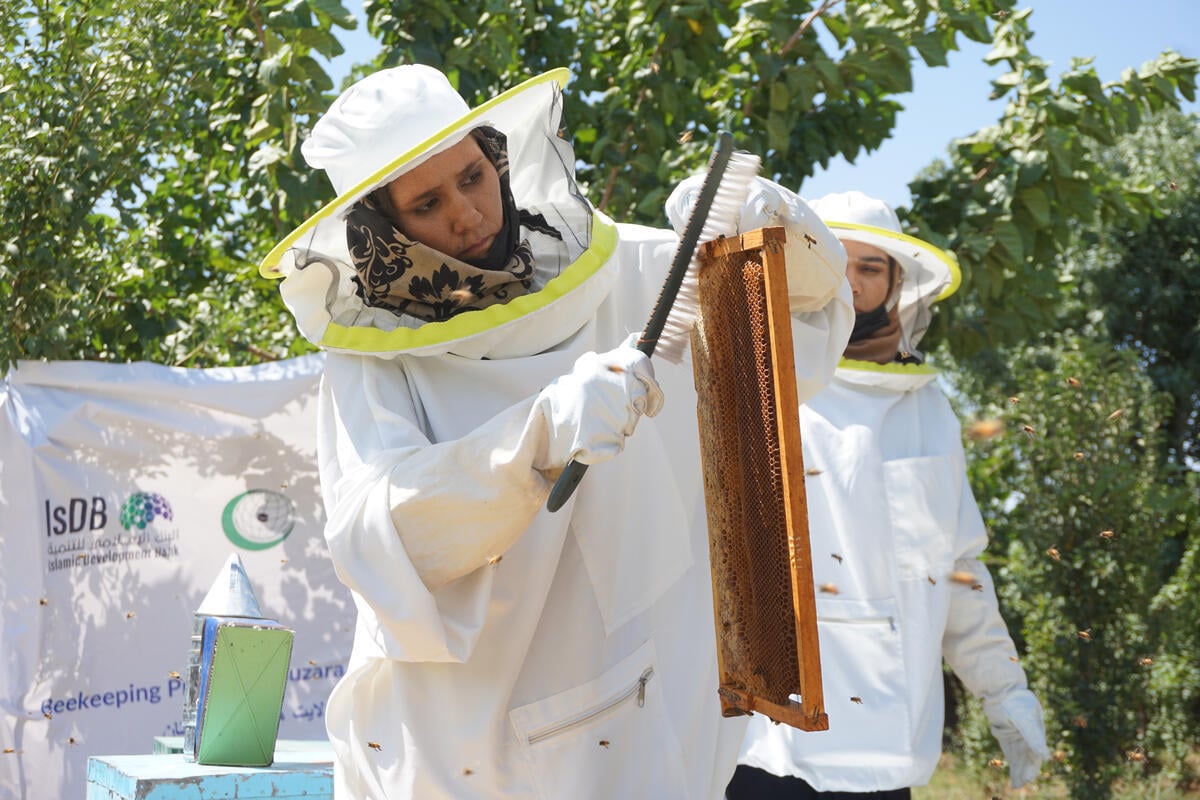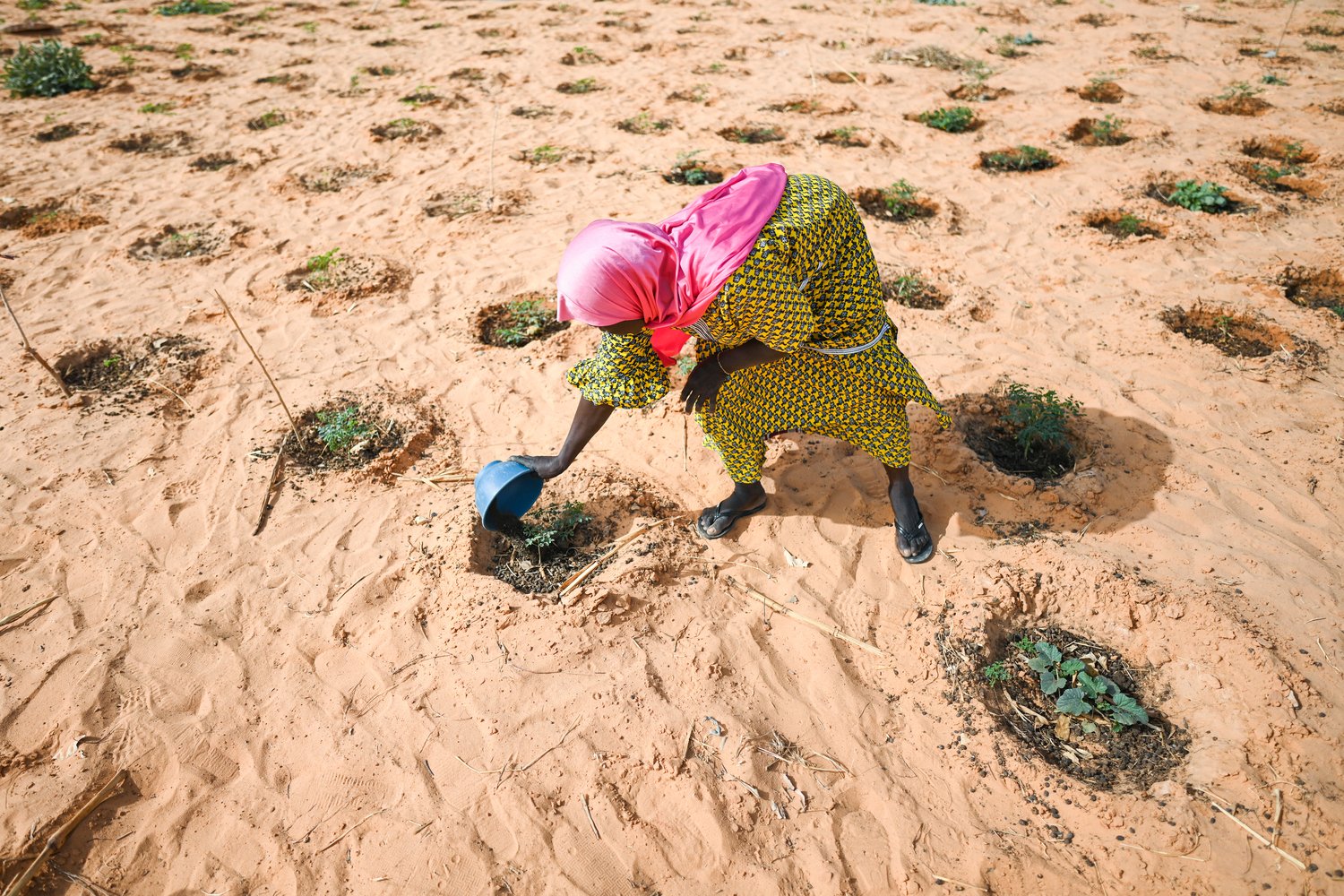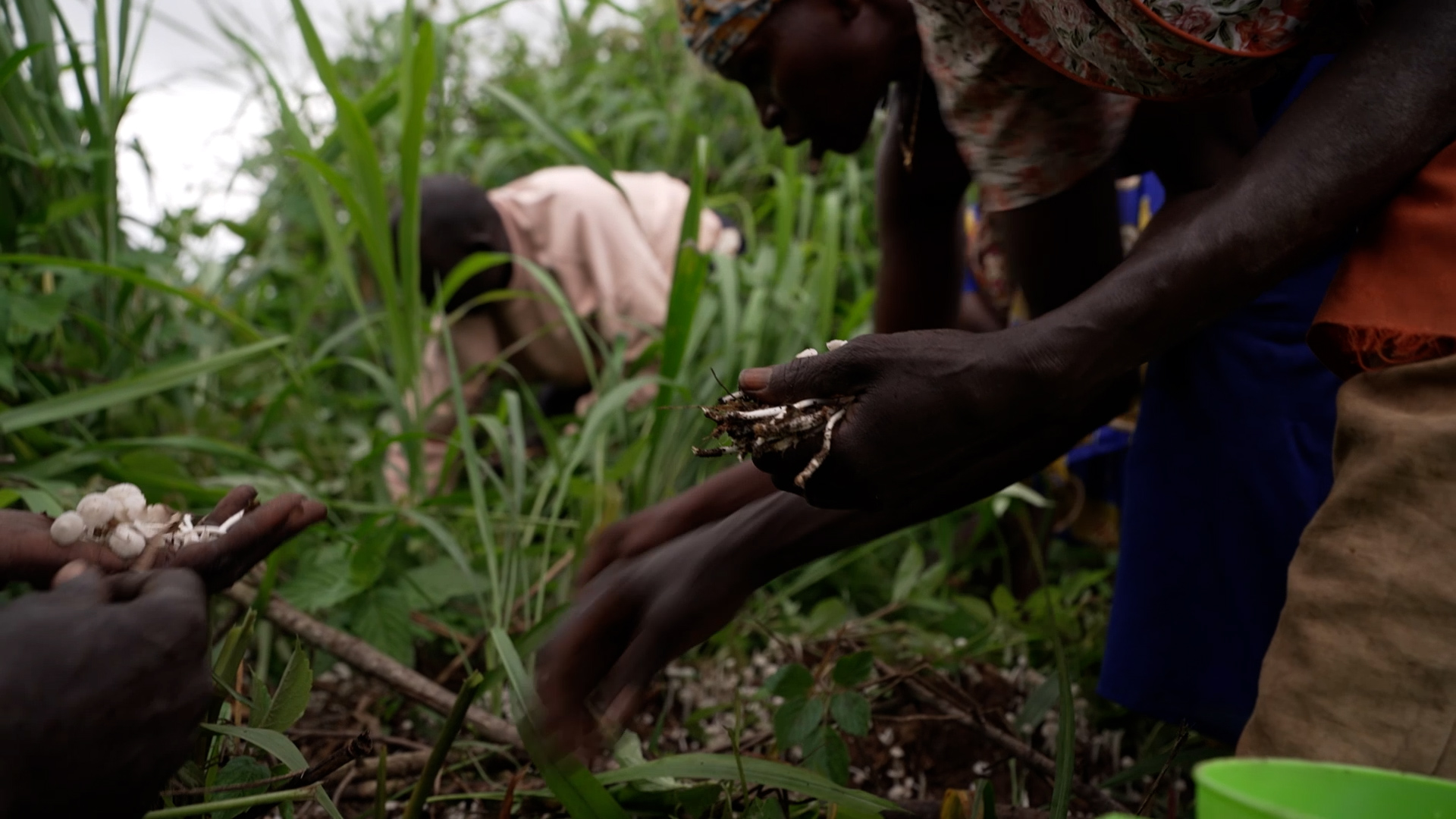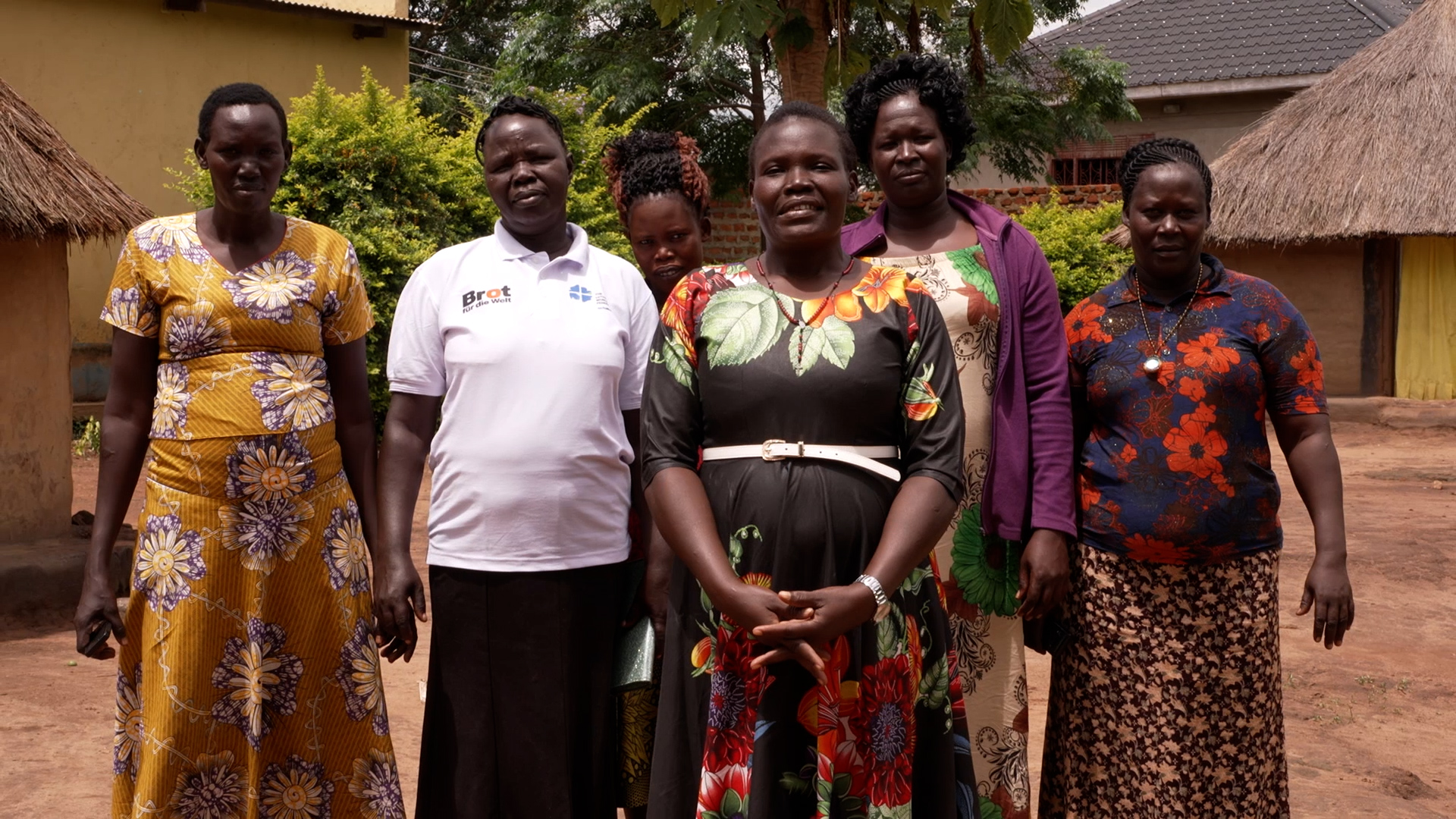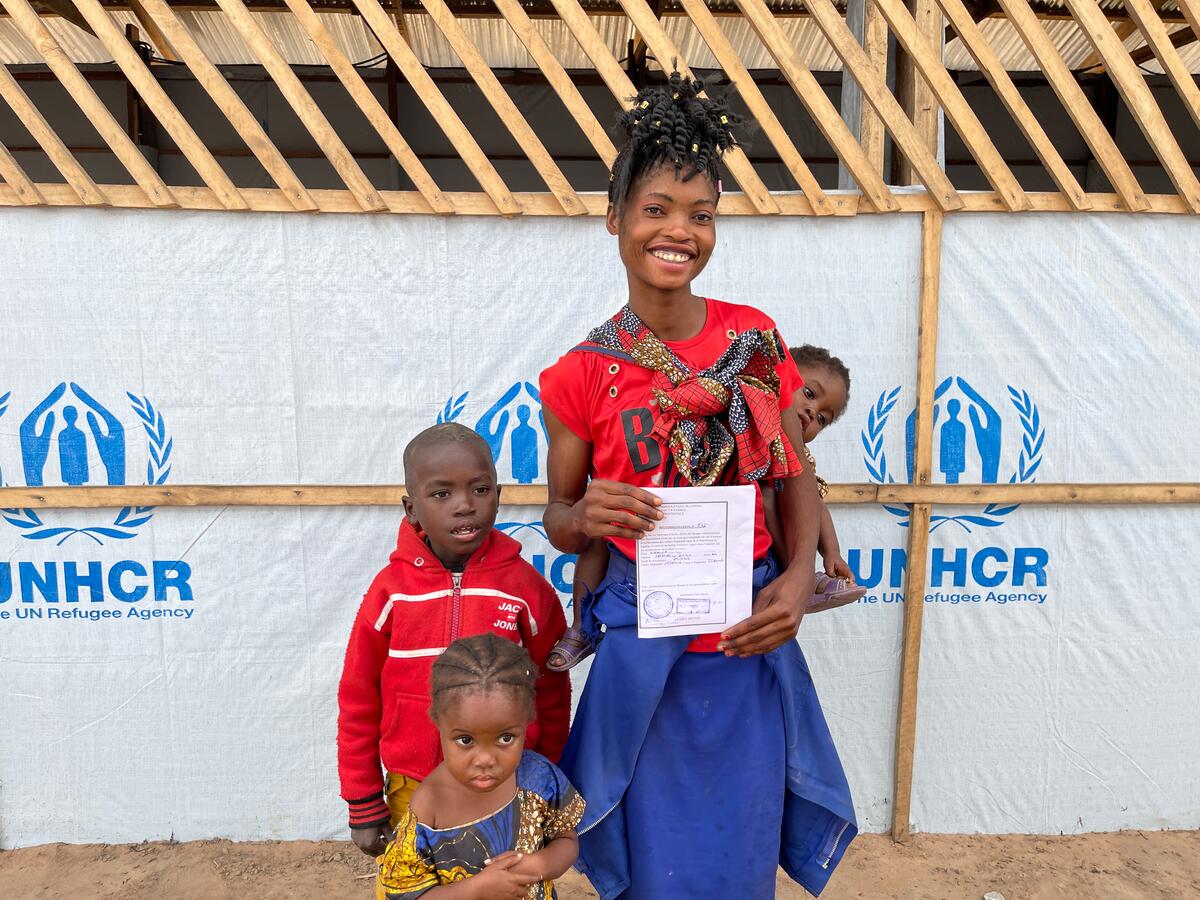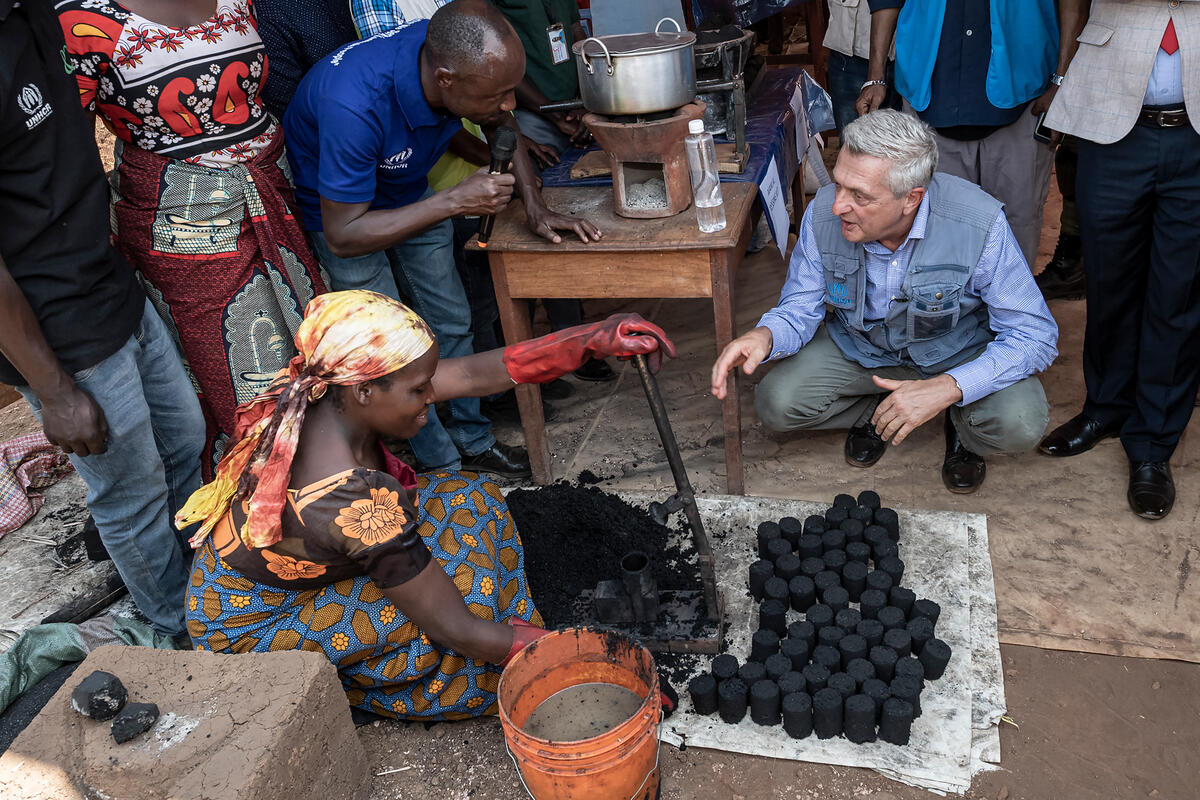Water, water everywhere, but not all of it fit to drink for returnees in northern Uganda
Water, water everywhere, but not all of it fit to drink for returnees in northern Uganda

AMURU DISTRICT, Uganda, November 4 (UNHCR) - When Walter Odong, 38, decided to return home from a settlement for internally displaced people (IDP) in northern Uganda, he did not really think about the difficulties he would face. All the essentials had been provided for him at Pagak and were taken for granted by many of the residents - including a steady supply of safe drinking water.
But when he finally went back last year to the village in Amuru district that he had left a decade ago to escape fighting between government troops and the rebel Lord's Resistance Army, Okello discovered that life was not going to be so easy.
"It was exciting to be back in my village after many, many years. But I soon realized that home . . . had its own challenges, and one of them was getting safe sources of drinking water," he told UNHCR, adding that the returnees got their water from a spring that had little red worms in it.
John Okello and his neighbours faced a similar problem when they returned to their village after leaving the IDP settlement at Pabbo, also in Amuru district. Taking advantage of the 2006 cessation of hostilities agreement between the armed forces and the rebels, they went back home two years ago. But soon people were complaining of stomach problems. "We now think it was because of drinking dirty water," Okello said.
To counter this widespread problem and help the tens of thousands of people streaming home, UNHCR and its partners, including the government, launched a programme at the start of this year to provide water outlets for the IDPs who are returning.
"Our objective in this programme is to provide the returning IDP communities with clean sources of drinking water in their villages," Francisco Canezal, a UNHCR field officer in northern Uganda, explained. His colleague, Noupech Vanno, added that the water programme would also contribute to sustainable return and deter IDPs from returning to the easier life they had enjoyed in the settlements.
To date, 24 protected wells have been constructed in Amuru and Pader districts, while another 20 are expected to be completed by the end of the year. These will provide clean and safe drinking water to some 250,000 people in Amuru alone.
Engineers cover water sources or wells with concrete to protect them from parasites, bacteria and other things that could compromise their purity and cleanliness. The running water is delivered by a plastic pipe punched through the concrete.
Walter Odong and John Okello live in two of the 24 villager that now boast these special new wells. They and their neighbours are delighted that their water woes have become a thing of the past.
In Pa Omo Village, the returnees have even established a regulation requiring them to clean their water outlet twice a month. "It's another way of being responsible and thanking all those who helped us get clean water," said villager Robert Omony.
By Moses Odokonyero in Amuru District, Uganda


